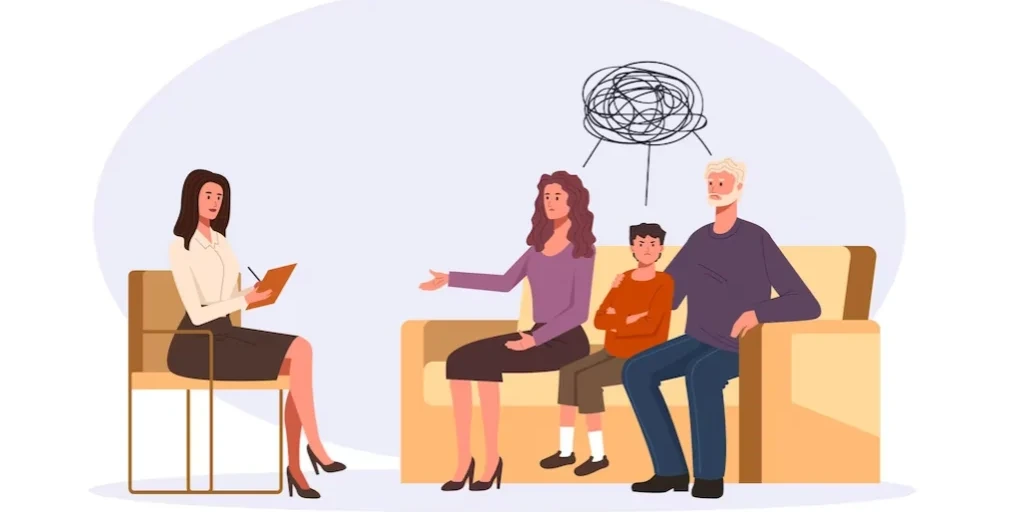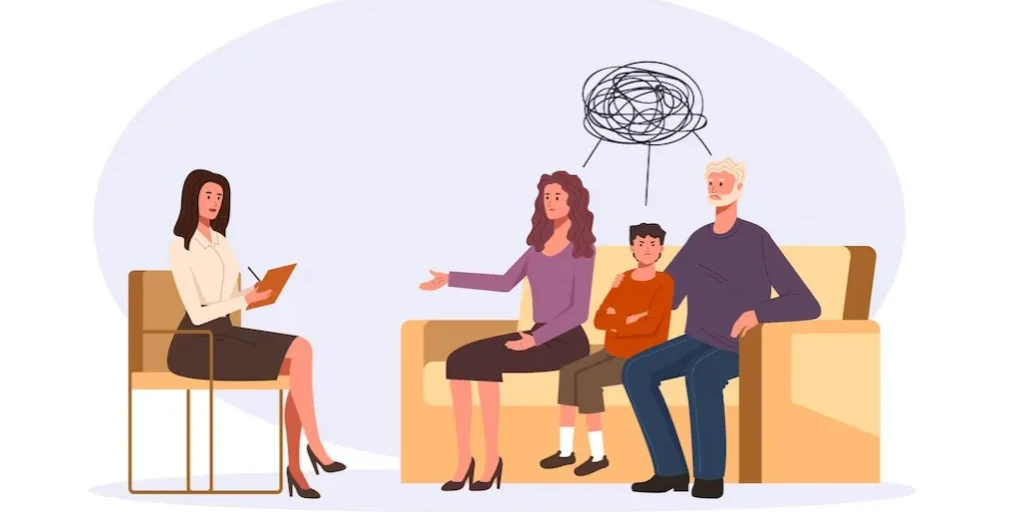24/7 Helpline:
(866) 899-221924/7 Helpline:
(866) 899-2219
Learn more about Dual Diagnosis Rehab centers in North Branch
Other Categories in North Branch

Other Insurance Options

Cigna

WellCare Health Plans

Medical Mutual of Ohio

Self-pay options

State Farm

Anthem

Magellan Health

American Behavioral

ComPsych

Sutter

BlueCross

Absolute Total Care

Optum

AllWell

Amerigroup

MVP Healthcare

Ceridian

Providence

Health Partners

Holman Group








Lapeer County – Touchstone
Lapeer County Community Mental Health and CMHSP is a public rehab located in Lapeer, MI. Lapeer Coun...

Alcohol Information and Counseling Center
Alcohol Information and Counseling Center is a public organization located in Lapeer, Michigan. Alco...

List Psychological Services
List Psychological Services is a private group practice specializing in behavioral health care; incl...




















































































Concepts in Counseling
Concepts in Counseling is a private rehab located in Lapeer, Michigan. Concepts in Counseling specia...

Alcoholics For Christ – Full Potential Ministry
Alcoholics For Christ - Full Potential Ministry is located in Imlay City, Michigan. Alcoholics For C...

Alcoholics For Christ – Faith Christian Church
Alcoholics For Christ - Faith Christian Church is located in Lapeer, Michigan. Alcoholics For Christ...


































































